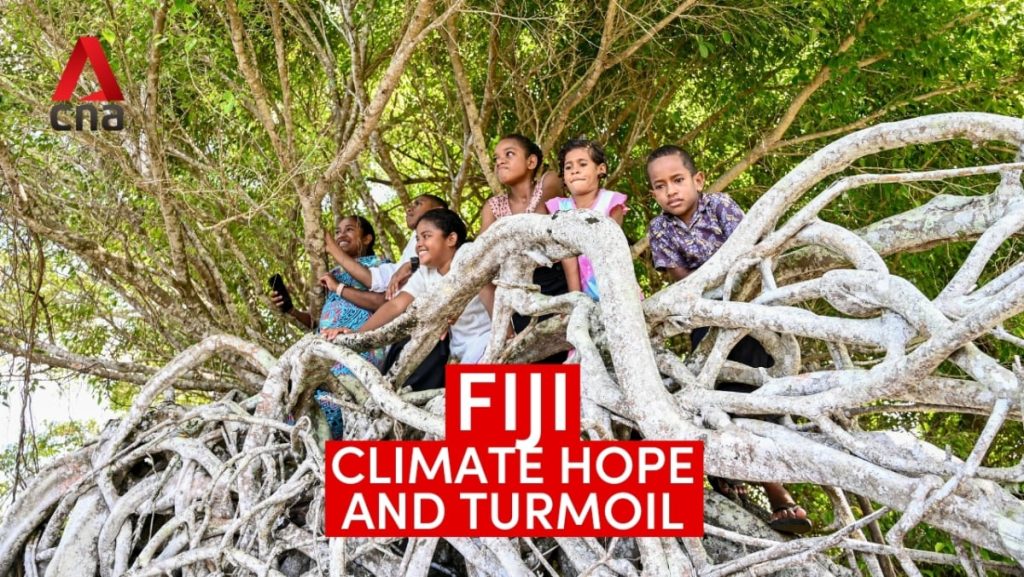The nation of Fiji has recognized the urgent need to address the impacts of climate change, particularly in the context of potential village relocations. With rising sea levels and increasingly severe weather events, many villages in Fiji are at risk of being permanently displaced. In response to this threat, Fiji has developed a national policy aimed at managing such relocations, balancing the need for immediate action with sensitivity to the cultural ties and traditions that bind communities to their land. This policy represents a significant step towards addressing the challenges posed by climate change in the Pacific region.
One of the key challenges facing Fiji as it considers village relocations is the deep connection that Fijians have to their land and culture. For many communities, their ancestral land is not simply a piece of property, but a fundamental part of their identity and heritage. Moving these villages would mean severing ties to their history and potentially disrupting longstanding traditions. This dilemma highlights the complex and multifaceted nature of climate change adaptation, which requires not only practical solutions but also a recognition of the social and cultural dimensions at play.
Despite the challenges inherent in village relocations, Fiji has made significant strides in developing a policy framework to guide this process. By acknowledging the cultural significance of land to Fijians and involving communities in decision-making, the government is taking a proactive and inclusive approach to climate change adaptation. This approach not only ensures that the needs and perspectives of local communities are taken into account, but also strengthens the overall resilience of Fiji in the face of environmental changes.
In addition to the cultural considerations, Fiji’s policy on village relocations also emphasizes the importance of sustainable land management and infrastructure development. By integrating environmental sustainability principles into the relocation process, Fiji is working to minimize the long-term impacts of climate change and preserve the natural resources that are vital to the country’s future. This holistic approach reflects Fiji’s commitment to building a resilient and adaptive society that can withstand the challenges of a changing climate.
The lessons learned from Fiji’s experience with village relocations can offer valuable insights to other Pacific island-nations grappling with similar issues. By prioritizing community engagement, cultural preservation, and environmental sustainability, Fiji has set a strong example for how to navigate the complexities of climate change adaptation. As the impacts of climate change continue to threaten vulnerable communities across the Pacific, the approach taken by Fiji serves as a model for building resilience and fostering collaboration in the face of adversity.
In conclusion, Fiji’s national policy on village relocations represents a significant step towards addressing the impacts of climate change in the Pacific region. By recognizing and addressing the cultural, social, and environmental dimensions of this complex issue, Fiji is setting a positive example for other countries facing similar challenges. Through proactive engagement with communities, sustainable land management practices, and a commitment to preserving cultural heritage, Fiji is laying the groundwork for a more resilient and adaptive society. As the effects of climate change continue to escalate, the lessons learned from Fiji’s experience can serve as a valuable guide for building a more sustainable future for the Pacific island-nations and beyond.



